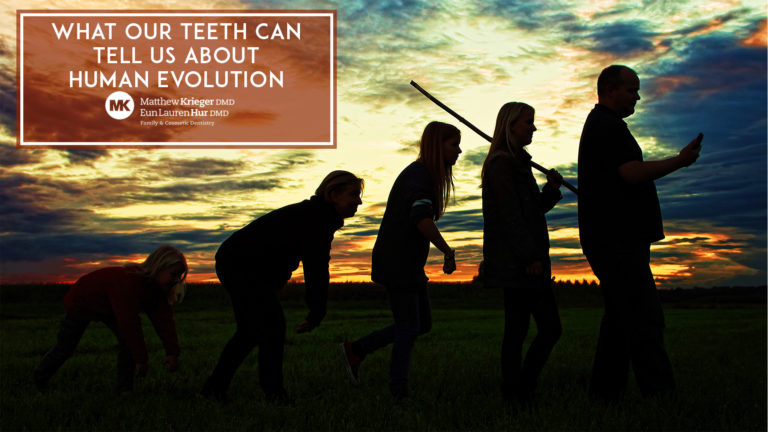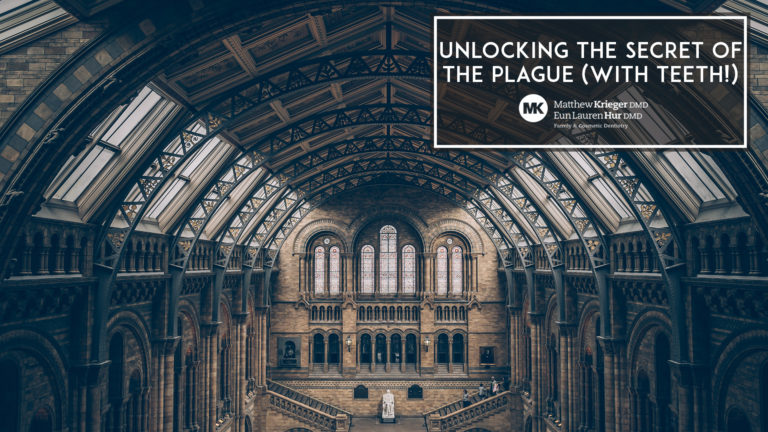I admit, I spend a lot of time reading science-related articles online. So, really nothing much really surprises me anymore. An AI invented ice cream that tastes like old boots and tuna? Sure. Self-driving cars can now deliver pizza hot and fresh in under 20 minutes? Awesome.
But when I came across this study out of the University of Cambridge, the headline wasn’t what caught my attention. I mean, it’s pretty awesome that toothpaste can be employed in new and unusual ways to fight drug resistant malaria, but the biggest part of this story was totally left behind. They “buried the lede,” as the old-fashioned newspaper people would say.
Did you know there’s a research robot at the University of Cambridge that does actual research? That literally blew my mind. It was bigger than the fact that Eve, the formerly described artificial intelligence driven robot scientist, was the one who discovered that triclosan, a common toothpaste ingredient, can help inhibit the growth of malaria parasites.
Unlike a living scientist, Eve can run test after test, all night and all day long, without stopping for coffee breaks, or to use the bathroom as a result of that coffee break. Her entire purpose was to help speed up the drug discovery process, and it looks like she’s hit it right on the head. Machine learning is amazing, it’s really just incredible.
If you want to read more about Eve, or malaria-fighting toothpaste, check out the brief on Science Daily.
Source: https://www.sciencedaily.com/releases/2018/01/180118083407.htm.


